Perry Marshall – Stop Your Financial Self-Sabotage with Financial Sozo
 Salepage : Perry Marshall – Stop Your Financial Self-Sabotage with Financial Sozo
Salepage : Perry Marshall – Stop Your Financial Self-Sabotage with Financial Sozo
Arichive : Perry Marshall – Stop Your Financial Self-Sabotage with Financial Sozo
You can read all the books on investing …
You can take every course under the sun about building wealth …
But none of it will matter if you continually “self-sabotage.”
What does this mean?
It means taking actions that don’t move you forward towards your goals …
Like when you commit to a certain diet and then sabotage yourself by eating a meal you know isn’t good for you …
Or like when you finally paid off a credit card, but then something comes along that is too good to pass, so you end up “charging it” and your balance goes right back up.
Can you relate to any of this?
I hope so, because we’ve all done it at some point or another in our lives (me included).
That’s why today I want to share a few strategies that I learned from my mentor Eben Pagan that really work.
Let’s get started …
Understanding Why We Sabotage Ourselves
So the first thing you’ve got to understand is what self-sabotage actually is.
Because it doesn’t just happen for no reason.
In my opinion, self-sabotage is just a collection of habits, beliefs, and emotions we have that prevent us from ever accumulating assets and creating wealth for ourselves.
Now, don’t beat yourself up. Most, if not all, of these self-sabotaging beliefs and behaviors, were “given” to us by our parents, society, the media, and more.
And if you’re not actively guarding your mind, then you sort of end up with this “default” way of looking at money that most of the world has.
Also, if you’re not actively trying to discover what these beliefs and behaviors are, then there’s no way to stop sabotaging yourself.
So, now that you know what self-sabotage is, let’s look at the most common ways we do it.
These 7 Habits Are Keeping You Broke
Take a look at these common financial habits. See how many you have (and don’t worry, I’ll tell you how to start “fixing” this) …
#1 – Buying stuff with credit cards and debt. Now, I’ll be the first to say that debt isn’t a bad thing. But here’s the distinction: Debt is okay ONLY when you’re buying a cash-producing asset. Going into debt for anything else – like buying electronics, food, paying rent, etc – should be avoided.
#2 Buying new cars. This is a biggie. I know, that emotionally, it’s SOOOO tempting to want to buy brand-new. I get it. There’s nothing like that new car “smell” or whatever they say. But here’s the thing – financially speaking, it’s one of the dumbest things you can do. Because you end up paying for something that eventually – is going to be worth ZERO.
#3 Car payments. This is another common one. Do whatever you can to avoid having car payments. They come with a HUGE opportunity cost (meaning, you could use that monthly cash to invest in some kind of ASSET that grows in value over time).
#4 Buying rapidly depreciating assets. This is anything that declines in value right after you buy it. These are things like computers, televisions, cars, boats, etc. Obviously, we all need transportation and computers, etc. But avoid going into debt to buy them (since they decline in value) and then try and get the best deal you can. And this goes without saying, but try and buy only that which you truly need.
#5 Buying liabilities. Are you starting to see a theme here? 
#6 Impulse spending. This is another common habit. You see something. You really WANT it. Your mind screams “OMG get it now!” This kind of impulse spending something that can quickly add up and keep you from ever building wealth.
#7 – Fear-based credit card accumulation. Finally, another common one is getting credit card after credit card. Because after all, “what if I have an emergency?” This is a mistake because the more available credit you have, the more tempting it will be to USE it. And then before you know, your cards are near their limits and you’re paying a ton in monthly interest.
The good news is, no matter how many of these habits you have or don’t have – you CAN stop self-sabotage and start building wealth.
In fact, no matter how far down the wrong road you’ve gone, you can ALWAYS turn back.
Put An End To Self-Sabotage With These
Keys To Long-Term Financial Success
Alright, so how exactly do you stop self-sabotage … especially if you’re doing some of the habits we discussed earlier?
Thought you’d never ask!
Here are simple-but-effective ways to put an end to financial self-sabotage, once and for all:
Key #1 – Eliminate the “get rich quick” mindset. Building wealth takes time. So don’t think you’re going to strike it rich in the next couple of weeks. Let go of that lottery mentality (after all, the odds are that for every 1 time you win the lottery, you’ll get struck by lightning 10 times!…
Key #2 – Keep thinking long-term. One of the things that can really sabotage you is wanting instant gratification. So keep your goals out handy. Read them when you feel like getting instant gratification to buy something. Remind yourself of your “why.”
Key #3 – Change your behavior to change your beliefs. One of the things that keeps you stuck is “faulty” beliefs. So start behaving the way you want to believe. Put new rituals and habits in place for yourself that support your wealth-building goals. Build habits that get you out of debt, and take the value you create and invest it in assets over time.
Key #4 – Use strategic procrastination. It’s time to start using procrastination in your favor. Wait at least a week before minor purchases and at least a month before major purchases.
Key #5 – Turn off the “debt logic.” Debt is one of the most dangerous concepts to your financial health (unless you’re buying a cash-flowing asset). So stop thinking in terms of
Finally, really use your own self-awareness to see the areas where you’ve been sabotaging yourself. Maybe for you, it’s in the area of impulse control or retail “therapy.”
Maybe you took one too many vacations or bought a bunch of stuff you really didn’t need but is dragging you down now.
The point is to get really honest – and take a good hard look at how you created your current situation. Only by doing that – and then following the key’s I’ve laid out here – can you start to make some serious progress on your wealth-building journey.

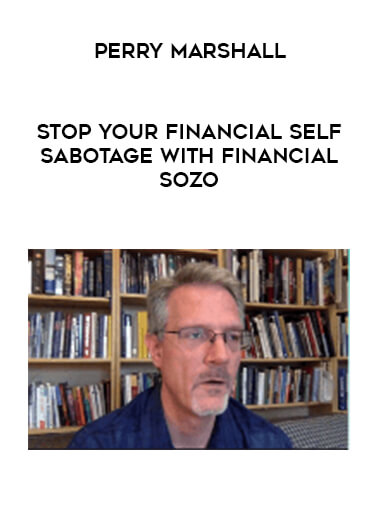



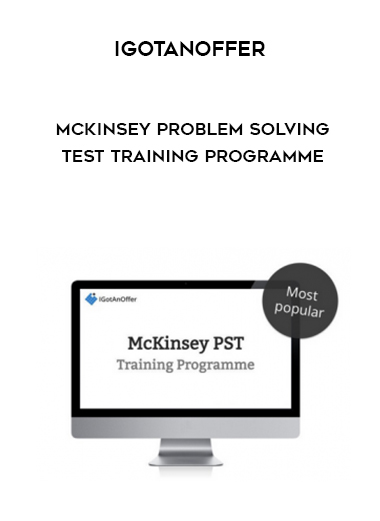
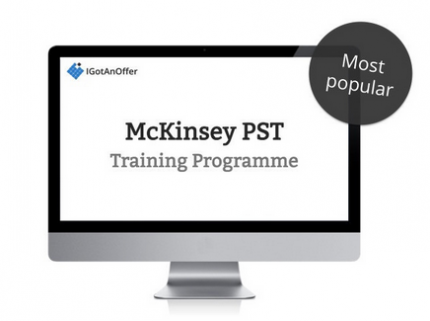
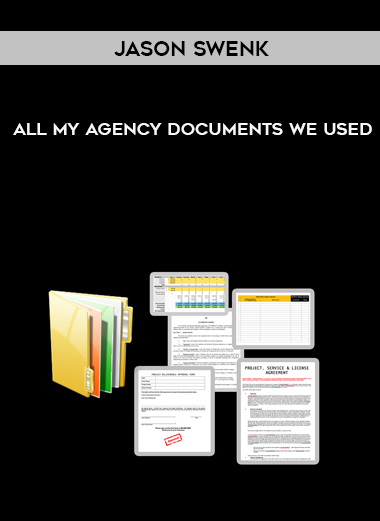
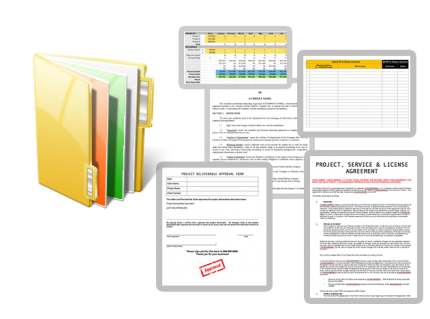




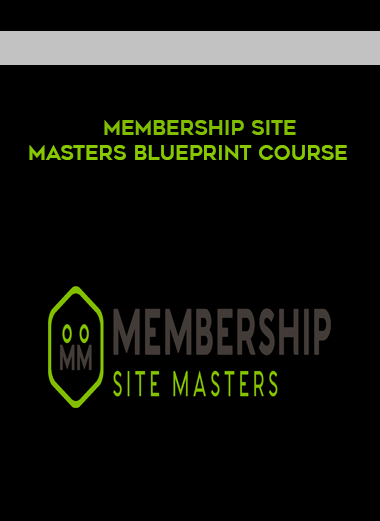
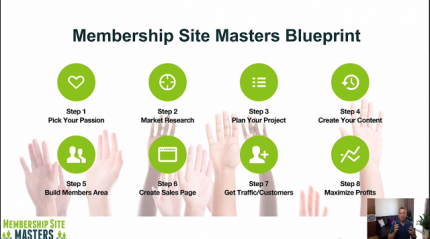
















Reviews
There are no reviews yet.